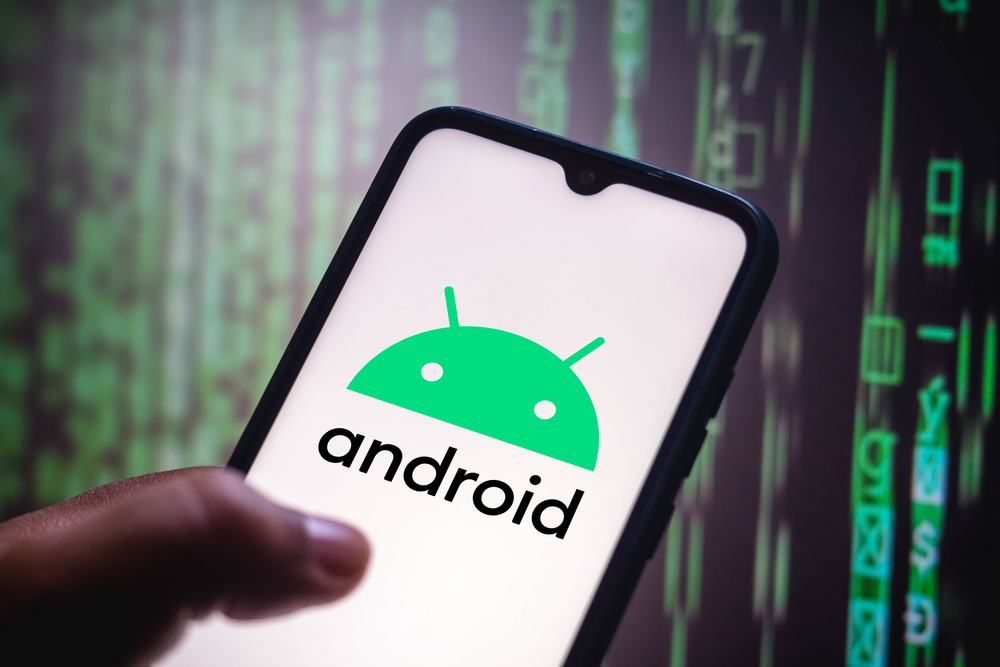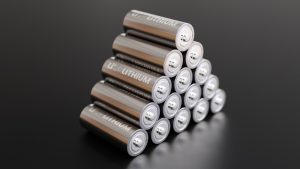Three Years of Dispute Has Ended in 60 Day Notice
Others are reading now
If you’re using a Samsung, Sony, OnePlus, Asus, Motorola, or Xiaomi phone, chances are good it’s powered by a Snapdragon chip, manufactured by the U.S.-based company Qualcomm.
60 Day Notices
These processors, commonly known as Snapdragon chips, are based on technology licensed from the British firm Arm, which specializes in chip architecture used across the tech industry, including by companies like Apple.
However, Qualcomm now faces a major problem. After a years-long dispute, Arm has decided to terminate its agreement with Qualcomm, giving only a 60-day notice, according to reports from Trend.
This sudden end to the license agreement could have a significant impact on Qualcomm’s ability to supply processors to the smartphone market, potentially affecting a wide range of smartphone manufacturers worldwide.
Also read
Stems back to 2021
The background of the conflict centers on Qualcomm’s 2021 acquisition of Nuvia, a chip design company started by former Apple engineers.
Qualcomm reportedly intended to use Nuvia’s expertise to create processors that could rival those from Intel and AMD in the personal computer market.
However, Arm claims that this acquisition breached their licensing agreement and demanded that Nuvia destroy any designs developed before Qualcomm took over. Qualcomm, however, did not comply, escalating the conflict.
Industry insiders, like those at ArsTechnica, suggest that this dispute ultimately boils down to money. When Qualcomm incorporates Nuvia’s designs into its chips, Arm loses out on some revenue it would otherwise collect.
A Qualcomm spokesperson told Bloomberg that the company believes Arm is trying to pressure them into a more favorable deal. Analysts also see Arm’s actions as a negotiation tactic.
According to Samik Chatterjee, an analyst at JPMorgan, the termination notice and short deadline are likely intended to push Qualcomm toward a swift resolution without prolonged legal battles.








